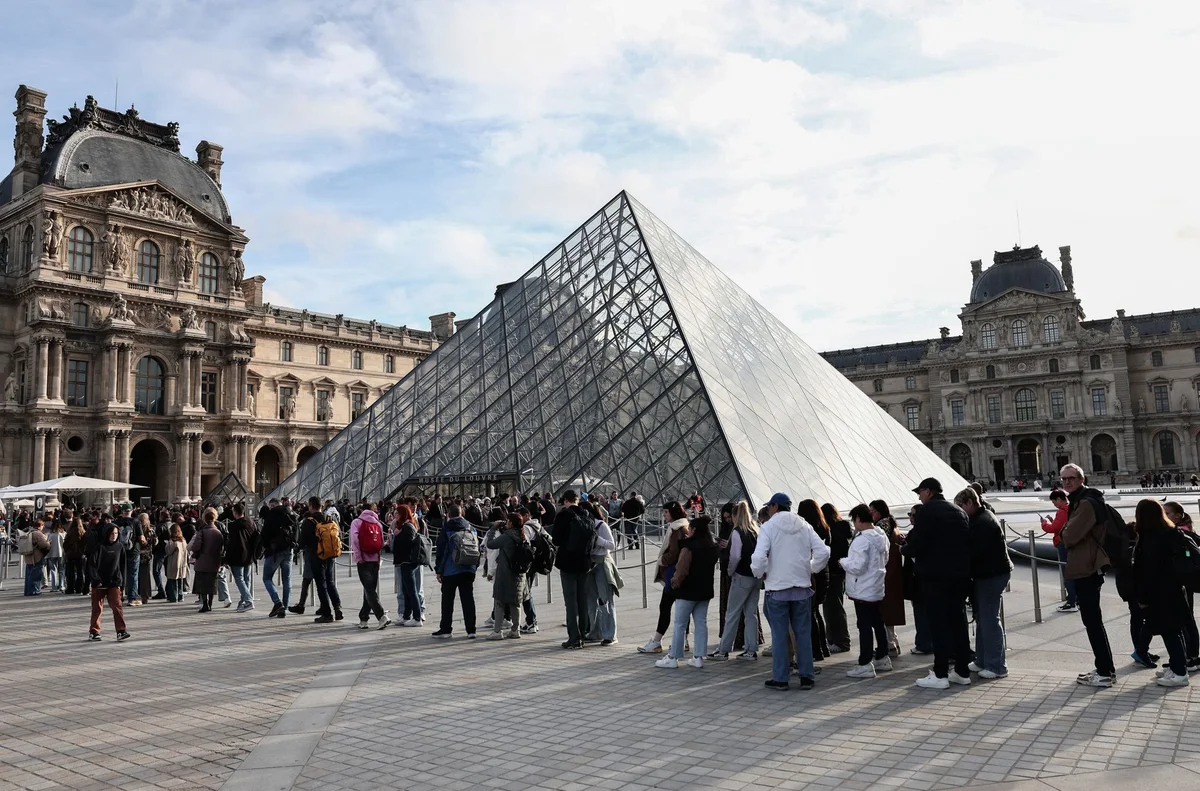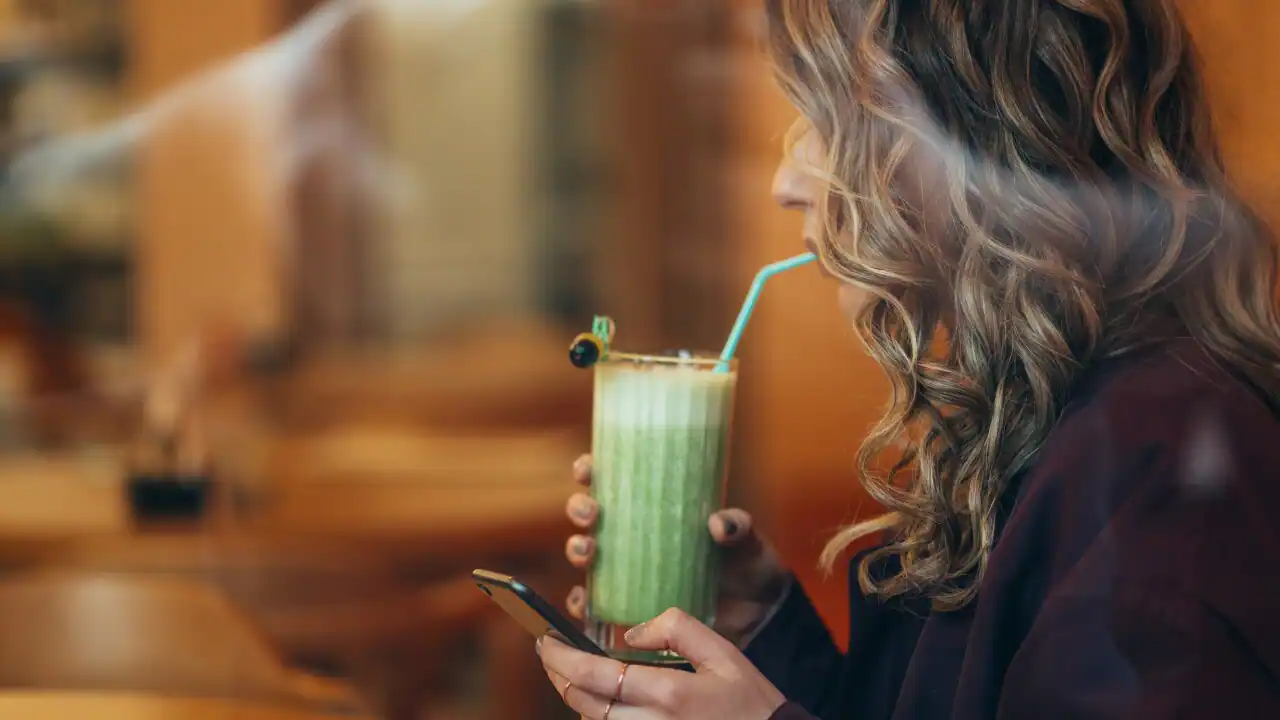Copyright independent

The Louvre has transferred some of its most precious jewels to the Bank of France, according to French radio RTL, after an audacious daylight heist last week exposed the famed museum's security vulnerability. The transfer of some precious items from the museum's Apollo gallery, home to the French crown jewels, was carried out on Friday under secret police escort, RTL said, citing unnamed sources. The Bank of France, which stores the country's gold reserves in a massive vault 27 meters (88 feet) below ground, is just 500 meters away from the Louvre, on the Right Bank of the River Seine. The Louvre and the Bank of France did not immediately respond to a Reuters request for comment. The Louvre reopened on Wednesday, three days after thieves made off with historic jewellery worth an estimated 88 million euros ($102 million) in a spectacular heist that has raised urgent questions over security lapses at the museum. Visitors queued to enter through the Louvre's glass pyramid for the first time since Sunday's brazen robbery, in which hooded assailants broke through a second-floor window using a stolen movers' lift before making off with jewels from the royal collection. The Galerie d'Apollon, the ornate gilded hall that was robbed, remains closed. Amid rising frustration in France that no senior official has taken responsibility, French Interior Minister Laurent Nunez said there had clearly been security failures and Culture Minister Rachida Dati had launched an administrative inquiry. "There was a burglary at the Louvre, some of the most precious jewels in France were stolen. So obviously it's a failure, there is nothing else I can say," Nunez told Europe 1 radio. But he added that "the alarm system worked perfectly, as soon as the window was attacked, it was activated. Police were notified, and within three minutes they were on the scene. The whole system worked, it didn't fail, but what happened has happened." He declined to comment on the police manhunt, but said he was confident the perpetrators would be found. President Emmanuel Macron has announced a six-year renovation of the Louvre, which will include money for security upgrades. Asked on RTL radio whether state budget cuts had led to security lapses in French museums, the head of France's national audit office Pierre Moscovici said that was not the case for the Louvre. "It is richly endowed, there are sponsorships, really, the Louvre is not without resources." Built in the late 12th century, the Louvre Palace used to be the official residence of the kings of France, until Louis XIV abandoned it for Versailles. It was turned into a museum for the royal art collection in 1793, four years after the French Revolution. It is now the world's most-visited museum, with 8.7 million visitors last year. It hosts the Mona Lisa, the world's most famous painting, and the Venus de Milo statue, as well as countless old masters.



